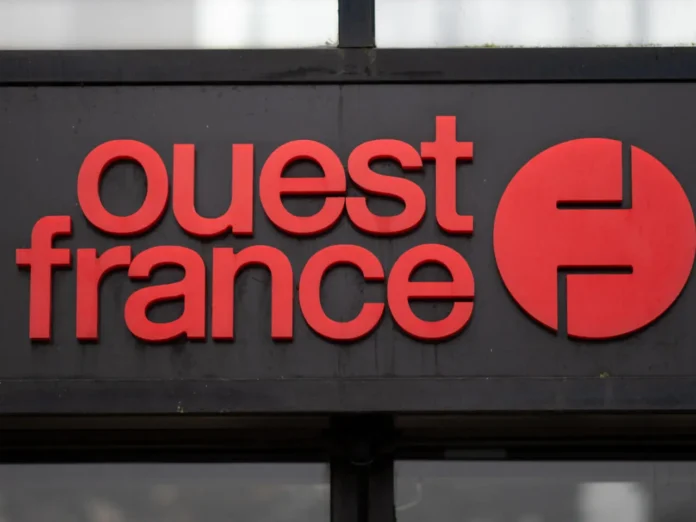Ouest-France, the largest regional daily newspaper in France, has announced its departure from X, formerly known as Twitter, citing escalating concerns over hate speech, disinformation, and insufficient platform regulation under Elon Musk’s ownership.
The decision, revealed on Tuesday, marks a significant move in the growing trend of media outlets disengaging from the social media platform.
François-Xavier Lefranc, chairman of the board of Ouest-France, told AFP that the move was “fairly unanimously” agreed upon internally, emphasizing, “We are not against social networks, we are simply asking for the application of the law.”
Ouest-France, which sells over 600,000 paper copies daily and targets France’s vast western region, is the first French daily to quit X. It follows similar moves by Britain’s The Guardian, Spain’s La Vanguardia, and Sweden’s Dagens Nyheter.
Rising Discontent with X Under Musk
Elon Musk acquired the platform in 2022 and rebranded it as X, implementing sweeping changes that included reduced content moderation in the name of free speech.
Critics, however, argue that the platform has become a hub for hate speech, far-right conspiracy theories, and disinformation, especially in the wake of Musk’s public support for controversial political figures like U.S. President Donald Trump.
Sports clubs have also joined the exodus, with German football clubs Werder Bremen and St. Pauli recently leaving the platform, citing an “incredible” rise in hate speech.
Lefranc added that Ouest-France would not reconsider its decision unless X became “a regulated space that respects people.”
On its final post, Ouest-France published what it described as its “last tweet, for the moment.”
Global Concerns and Media Backlash
The departure of major outlets reflects broader dissatisfaction within the media industry. Sweden’s Dagens Nyheter recently left X, citing a “harsh and extreme” climate on the platform and accusing it of aligning with Musk’s and Trump’s political ambitions.
Editor-in-chief Peter Wolodarski described the platform’s environment as increasingly toxic. Similarly, The Guardian, which has nearly 11 million followers, announced last week that the benefits of being on X no longer outweighed the negatives. It highlighted the proliferation of “far-right conspiracy theories and racism” as key reasons for its departure.
Spain’s La Vanguardia took a comparable stance, prioritizing journalistic integrity over maintaining its presence on what it called a “disinformation network.”
Alternatives on the Horizon
While X remains one of the largest platforms globally, with hundreds of millions of users, emerging competitors like Bluesky are gaining traction. The decentralized social media platform reportedly gained one million subscribers in a single day last week, though it remains a fraction of X’s size.
Vincent Berthier, head of technology at Reporters Without Borders, attributed the departures to the failure of governments to effectively regulate digital platforms.
“Musk may represent the radical face of this informational nightmare, but the problem goes much deeper,” he stated.
As media outlets and organizations re-evaluate their relationship with X, the departures underscore a broader need for sustainable, regulated alternatives to social media platforms in the digital age.
